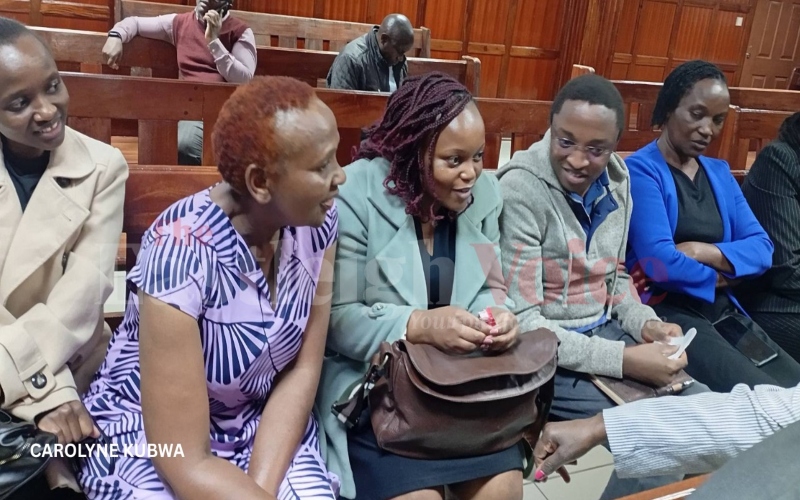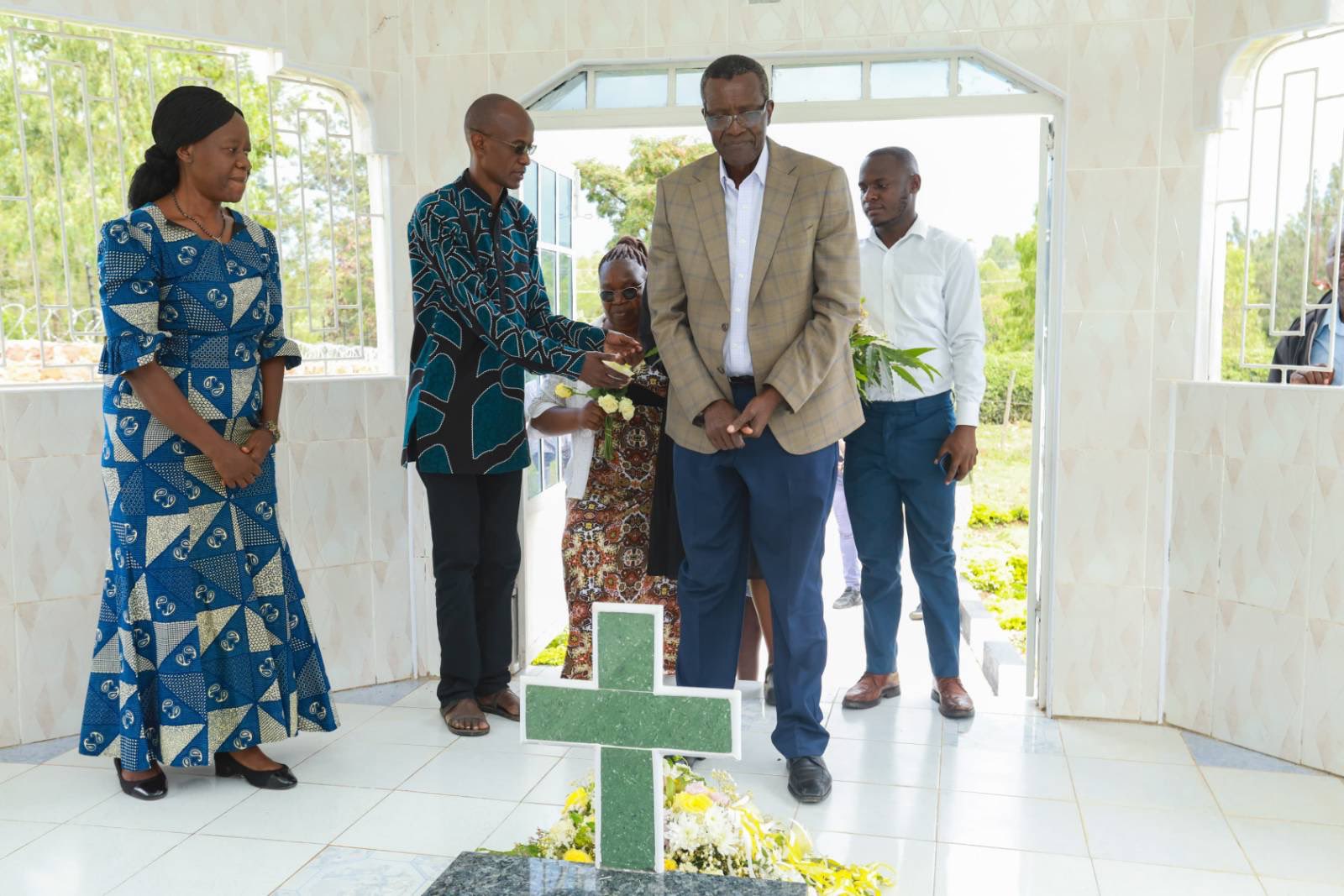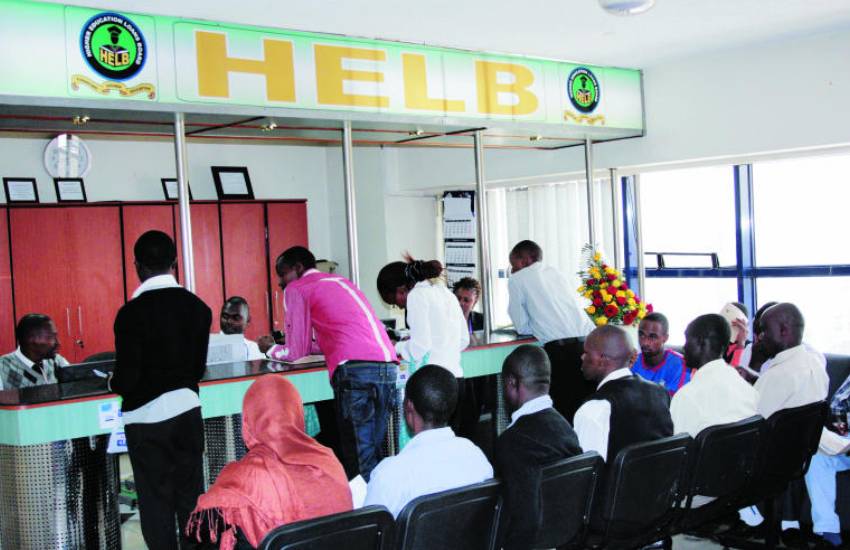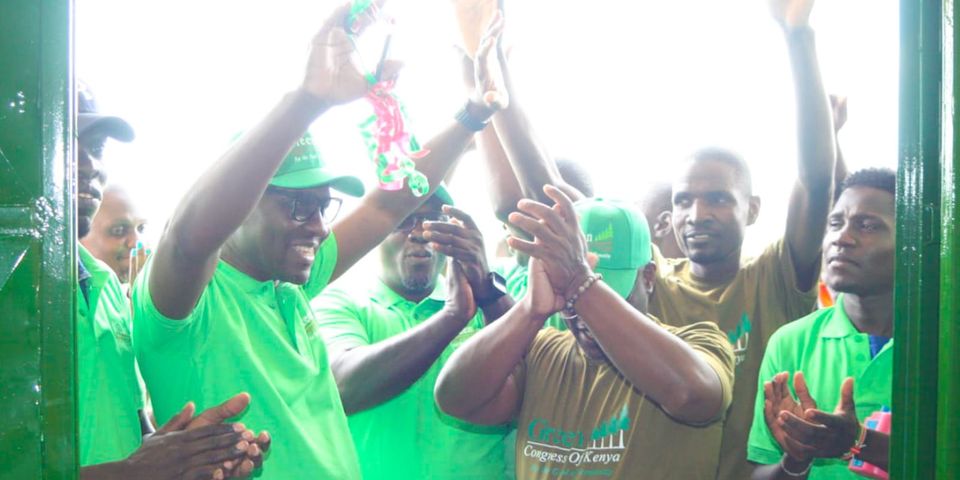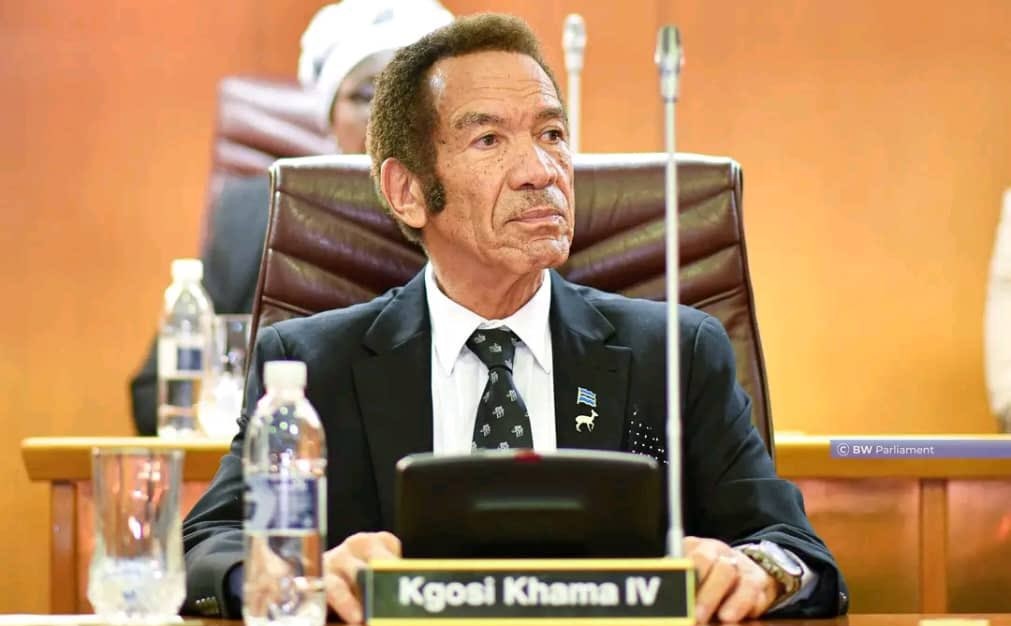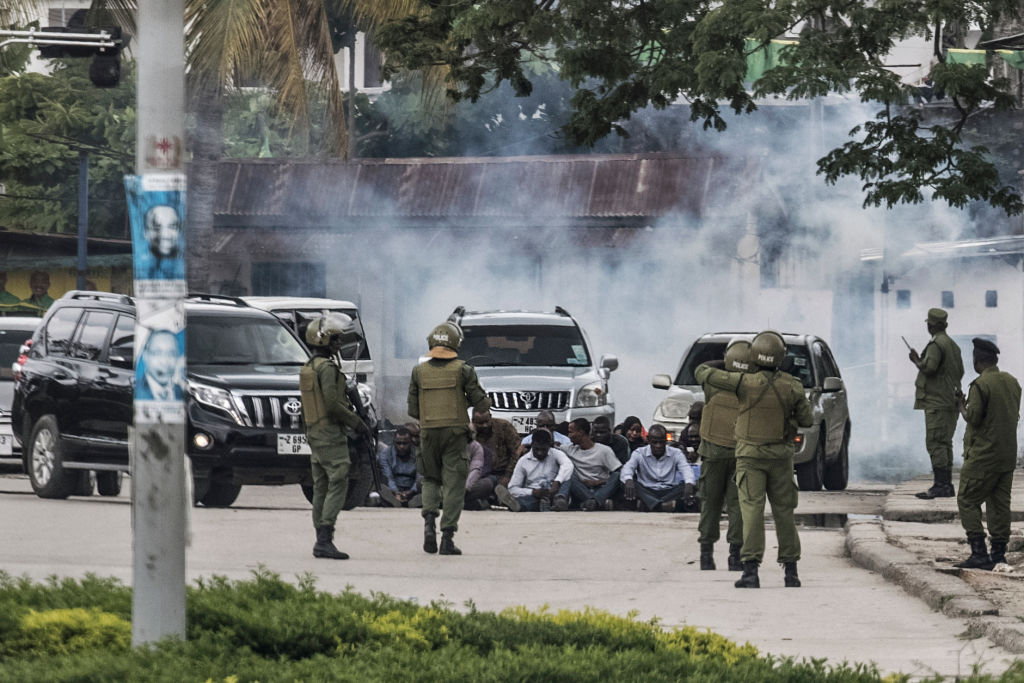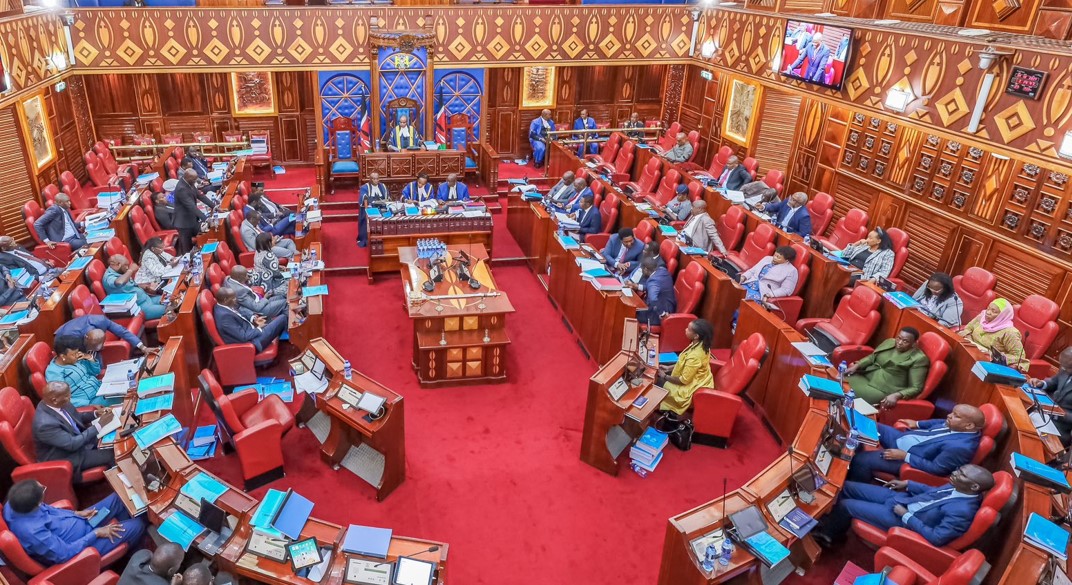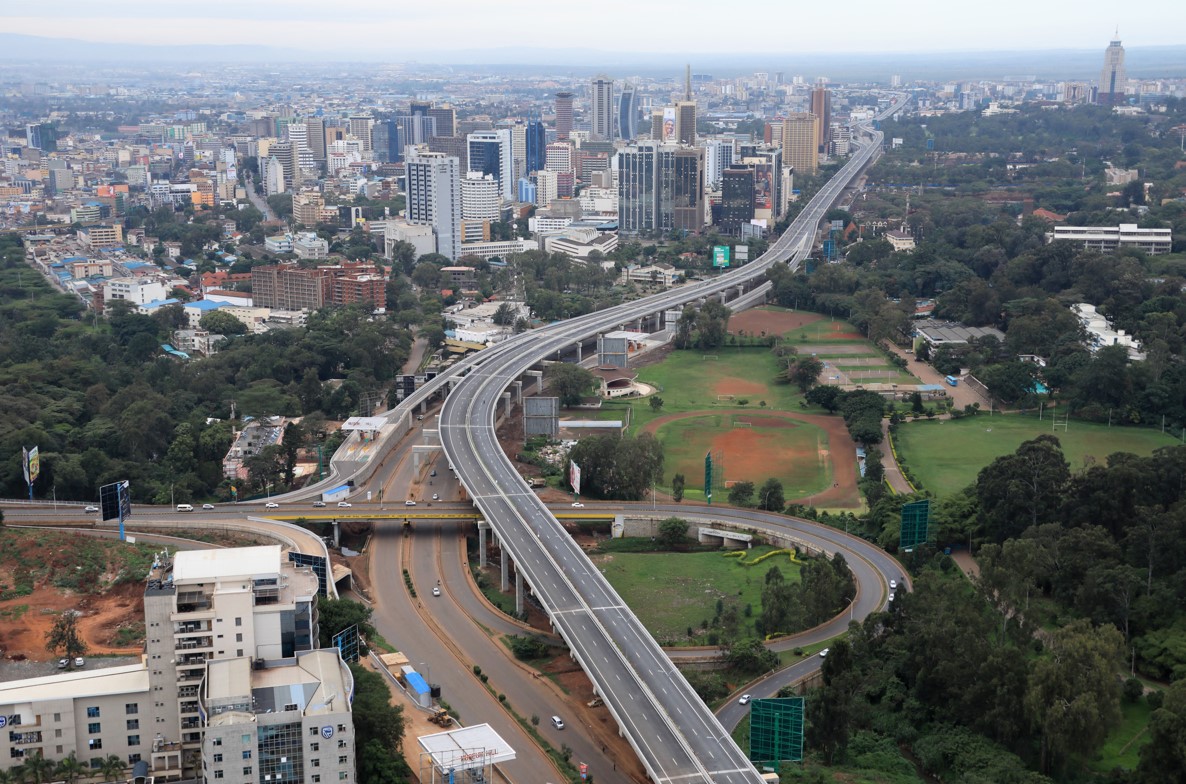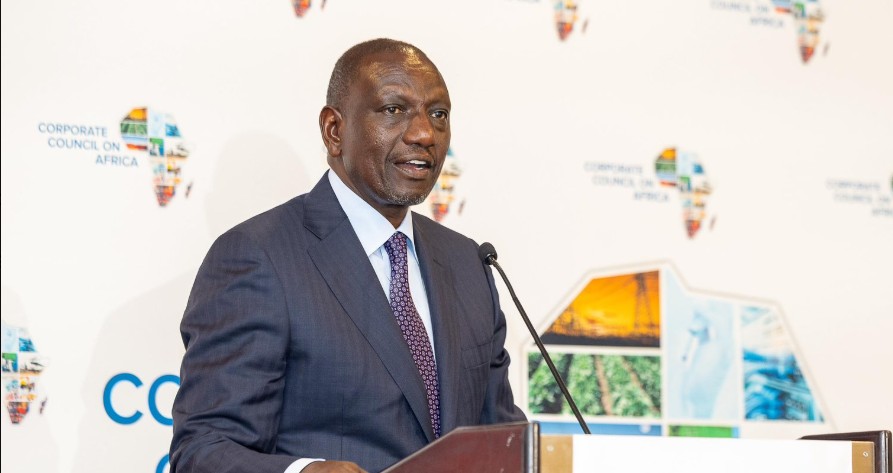Ketraco owes landowners Sh4 billion in unpaid wayleave compensation -Audit

The audit shows that the total claims for these seven projects amounted to Sh17,021,117,748, of which Sh12,986,155,691 had been disbursed.
Thousands of landowners across Kenya are still awaiting payment from the Kenya Electricity Transmission Company (Ketraco) for properties acquired to support seven major electricity transmission projects funded by international donors.
A recent forensic audit presented in Parliament has revealed that as of June 2023, Ketraco had not settled Sh4,034,962,691 in wayleave compensation.
More To Read
- Angry Raya residents accuse Government of betrayal over Garissa solar project
- Ruto admits Kenya is rationing electricity, says at least Sh1.2 trillion needed to boost capacity
- Audit uncovers Sh13 billion irregularities in Ketraco wayleave payments
- Funding shortage puts EACC’s anti-graft war at risk- Auditor General
- Kenya records highest electricity imports as domestic supply dips
- 20 firms fined Sh2.2 billion for failing to remit unclaimed financial assets
The audit shows that the total claims for these seven projects amounted to Sh17,021,117,748, of which Sh12,986,155,691 had been disbursed.
The remaining balance covers land, structures, and crops that were either destroyed or affected during project construction.
The projects in question include the Ethiopia-Kenya Transmission Line, Kenya-Tanzania Transmission Line, Kenya-Uganda Transmission Line, Kenya Power Transmission System Improvement Project, Turkwel-Ortum-Kitale Transmission Line, Olkaria-Lessos Transmission Line, Machakos-Konza Transmission Line, and the Nairobi-Ring Road Transmission Line.
Auditor-General Nancy Gathungu explained that her office carefully examined the claims for each transmission line.
She reported that the Ethiopia-Kenya Transmission Line still has Sh314,315,441 unpaid from total claims of Sh2.62 billion.
The Turkwel-Ortum-Kitale line has an outstanding balance of Sh972.6 million, while the 98-kilometre Kenya-Tanzania Transmission Line has Sh321.8 million remaining from Sh1.64 billion in total claims.
“On the 400Kv Kenya-Uganda Interconnection Line, Ketraco had a wayleave compensation balance of Sh263.7 million out of a total budget of Sh2.85 billion,” Gathungu said.
She added that the Nairobi Ring Project had Sh2 billion already paid from a total of Sh2.2 billion, leaving Sh149.4 million pending.
The audit points to persistent delays in compensating landowners, raising questions about how the company manages funds and engages with affected communities.
For many, the delay in payment continues to affect livelihoods, as land, crops, and structures remain uncompensated.
Top Stories Today
